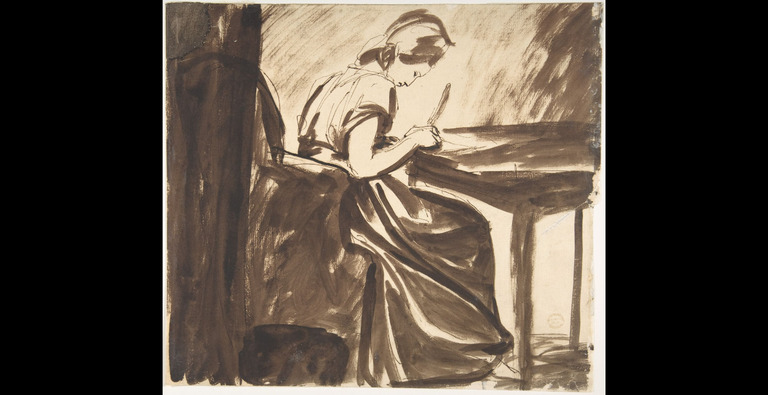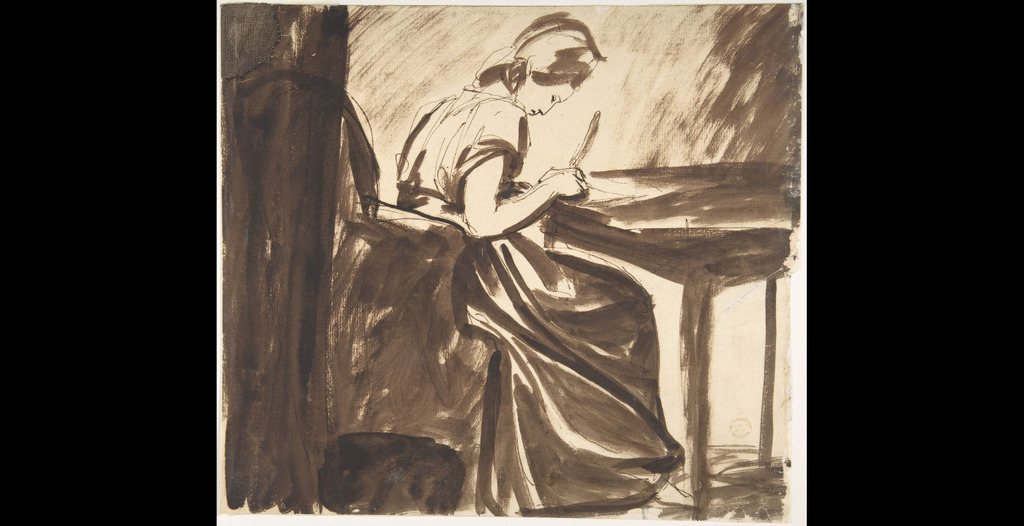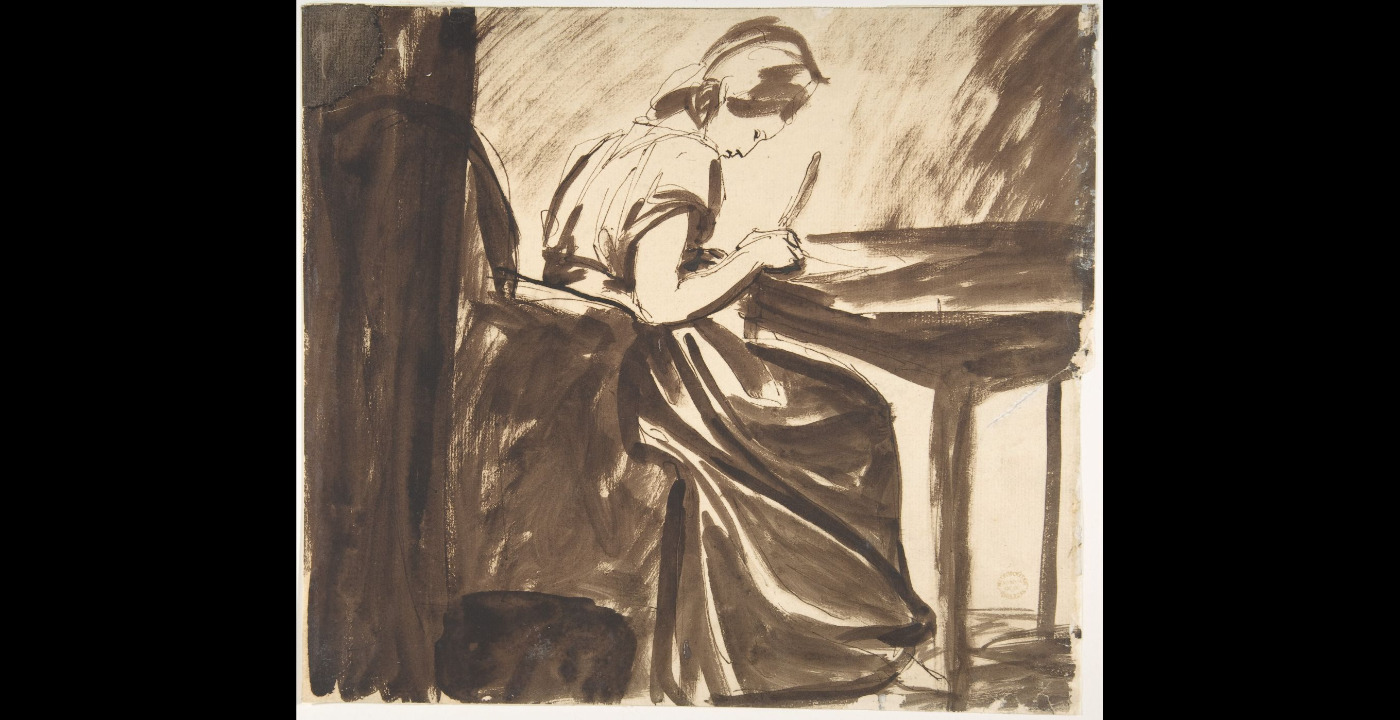This is an excerpt from a condensed biography that I wrote in 2014 with the help of Gina K. Soutendijk. The text reveals the inspiration Mary Hays drew from her close friend and associate the feminist Mary Wollstonecraft, inspiration that led her to change her life. This dynamic relationship between and among women is the goal of feminist historical recovery and the mission of The New Historia: To show girls and women today the possibilities for their own lives through the achievements of women whose stories have been hidden from history or shrouded beneath the veil of misogyny that continues to dominate global culture.
Gina Soutendijk passed in 2017, too young. She was not able to spend her life writing novels or trying to produce the first biographical history of women in English, like Mary Hays. She wasn’t able to raise children, study medicine, explore the world–to pursue whatever it was she wished to become. But this does not mean Gina left nothing. Gina’s attention to her foremothers, the work she did while here, and the memory she left behind links her in the lineage of women whose stories will change the world if we can recover them and see how they all fit together. Wollstonecraft, Hays, so many others, and Soutendijk.
Every woman has a place in the lineage of discovery that is feminist historical recovery, a lineage that will only exist if we record it.
***
Hays read Mary Wollstonecraft’s fiery A Vindication of the Rights of Woman in 1792. She acted on Wollstonecraft’s demand that women take charge of their lives and moved out of her mother’s home to live as an independent woman in London. This was an extraordinary act for a single woman in Hays’s time: Hays’s mother was horrified, and Hays’s friends condemned her. Although Hays’s family were religious Dissenters, outsiders from mainstream British culture, Hays’s mother still disapproved of her daughter’s social rebellion. Women did not live independently at the time; even the nonconformists, such as those in Hays’s own family, adhered to conventional gender norms. Hays experimented with ‘the idea of being free’, earning her own living and actively pursuing the man she loved, William Frend, a handsome Cambridge University mathematician. Hays turned the tables on conventional courtship by declaring her passion to him. While he supported her career, Frend would not reveal his feelings. Hays used her romantic heartbreak as the subject of her bestselling novel, Memoirs of Emma Courtney, published in 1796. Readers were shocked because Hays included real letters she had exchanged with William Godwin, leading radical philosopher, and Frend. Emma, Hays’s ‘fictional’ heroine, tells the Frend figure that her desire for him trumps every other consideration: reputation, status, and even chastity. In the most notorious statement in the book, Emma plays on Frend’s name: ‘My friend’, she cries, ‘I would give myself to you–the gift is not worthless’. In real life–and in the novel–Frend absolutely rejected Hays. Hays’s disgrace was juicy gossip in the close-knit group of London writers and publishers. Then Scottish writer Elizabeth Hamilton published Memoirs of Modern Philosophers (1800), a novel that satirized Hays as a sex hungry man-chaser, and Hays became a laughingstock throughout Britain.
***
After this, the lowest point in Mary Hays’s life, she turned to new projects, eventually creating Female Biography; or, Memoirs of Illustrious and Celebrated Women, of All Ages and Countries. These collective biographies of women drew attention and acclaim and allowed Hays the freedom to buy a "cabin" of her own outside London. She spent the remainder of her life writing in a variety of genres, including educational books for children, teaching and mentoring girls, among them her youngest niece, Matilda Mary Hays. In 1819 Hays published her last book, Memoirs of Queens: Illustrious and Celebrated, which recognised or even forecast emerging trends in collective biography and ultimately was a forerunner of the modern field of academic research, queenship studies.
Learn more about Mary Hays in her New Historia schema.


